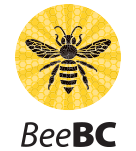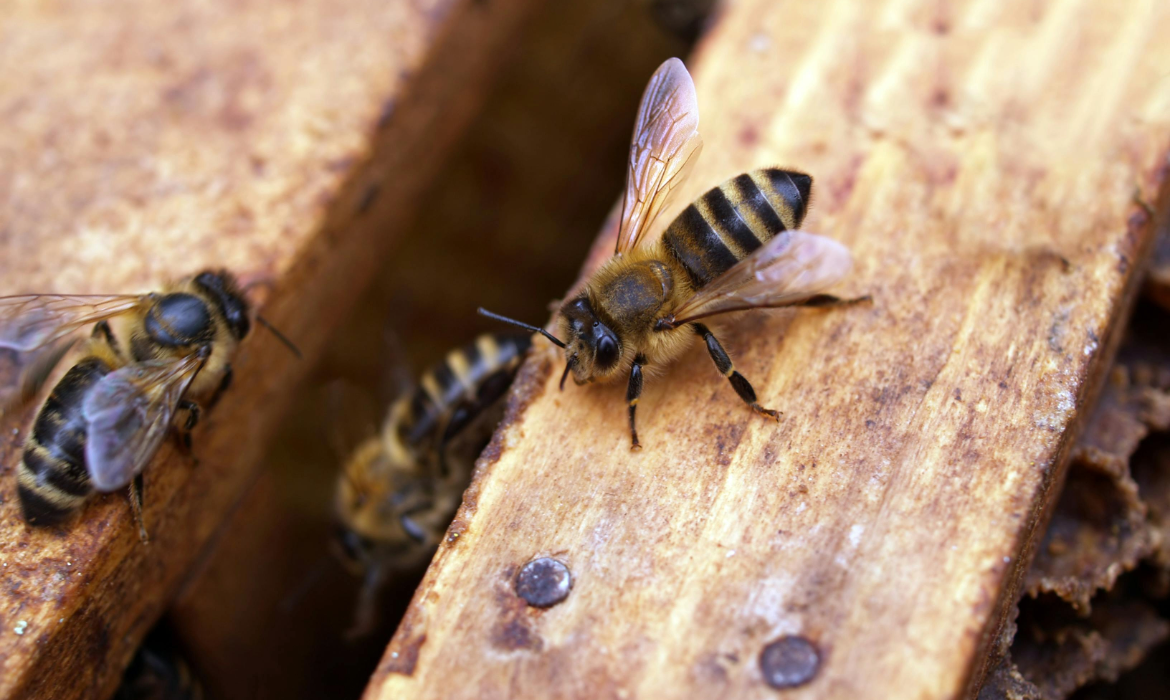In 2019, Honey Bee Zen Apiary in Creston BC tackled two Bee BC projects, Iotron Sterilization Transport and Mycological Extracts as A Treatment for Viruses in Honey Bees.
Here’s a summary of those projects:
Iotron Sterilization Transport
Summary
The project involved organizing and collection beekeeping equipment in need of irradiation from beekeepers throughout the Kootenay Region. Under the program, beekeepers paid for the sterilization of their equipment at Iotron, but the cost of transportation to the facility in Port Coquitlam was subsidized through the BEE BC Program.
The project was advertised to beekeeping clubs representing Castlegar, Creston, Cranbrook, Kimberly, Invermere, Fernie, Trail and Grand Forks. Buy-in from 14 beekeepers in the region represented more than 1,000 colonies. Three trips were made to the Lower Mainland, in March, April and May 2019. The total number of pieces of equipment sent for sterilization was 760, with the majority being colony boxes and frames.
Success
The project helped to significantly reduce the potential for diseases and transfer for beekeepers.
By sterilizing large amount of honey bee equipment we believe we reduced the pathogen and viral loads that can spread disease. The Kootenays have traditionally had a large problem with American Foul Brood, this program helped to kill active AFB spores, which can last for hundreds of years.
Mycological Extracts as A Treatment for Viruses in Honey Bees
Summary
The project involved feeding two mycelium extracts to a battery of honey bee colonies. The concept was to test whether these extracts would help reduce viral loads in bees in a commercial apiary setting. There were 50 colonies in two yards in the test; 20 were fed a control of simple sugar syrup. Another 20 were fed syrup with an extract. The remaining 10 were provided with syrup with a commercial mycelium extract.
Each week for 16 weeks in June, July and August, the colonies were fed the syrup. The colonies were monitored for general health and queen rightness. One a month two samples were taken from the colonies, one for varroa and the other for a viral sample to be sent to the National Bee Diagnostic Lab in Alberta.
Before the first feed, a sample was sent to NBDC for benchmark identification. In total three additional samples were sent. As of Fall 2020, only the initial raw data has been received – and required further analysis.
Success
While the final results are not yet in, the concept showed there was no apparent adverse effect of feeding the bees mycelium extract. It was also observed the honey yields in the test hives (fed the extracts) did not appear to be different – though further analysis is required.










